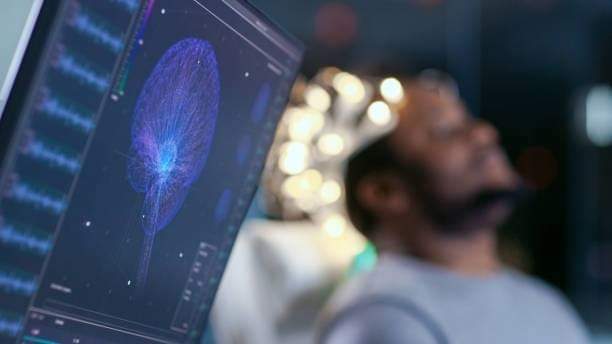Revealing the Secrets of the Brain Through qEEG Cerebral Mapping in Psychological Wellness Assessment
Revealing the Secrets of the Brain Through qEEG Cerebral Mapping in Psychological Wellness Assessment
Blog Article
Understanding the human mind is a challenging task, particularly when it pertains to psychological health. Traditional methods of evaluation frequently rely on interviews and questionnaires, which can occasionally overlook important details about how the mind operates. This is where qEEG electroencephalography, or qEEG, enters into the picture. qEEG is a specialized method that assesses electrical activity in the cerebrum. By analyzing these neural patterns, mental health experts can obtain important insights into a person's psychological condition, helping to improve assessment and intervention.
qEEG functions by applying small electrodes on the head to capture brain activity. These electrodes measure neural signals produced by neurons, the cells in the brain that communicate with each other. The information collected is then analyzed and displayed as a series of patterns. Each kind of brainwave—such as alpha, β, δ, and theta—corresponds to different mental conditions and activities. For instance, alpha oscillations are often associated with calmness, while β waves are associated to active thinking and problem-solving. By examining these trends, healthcare providers can identify irregularities that may indicate psychological health concerns.
One of the major advantages of qEEG is its ability to offer unbiased information. Unlike traditional assessments that depend on personal accounts from clients, qEEG provides a clear picture of neural function. This objectivity can help reduce biases in assessment and result to more accurate treatment strategies. For example, if a client is experiencing anxiety, qEEG can show particular trends of neural function that are associated with anxiety disorders. This information allows mental health experts to customize interventions more effectively, whether it be through counseling, medication, or alternative treatments.
Moreover, qEEG can be particularly beneficial in monitoring intervention progress. By conducting qEEG evaluations at various stages during treatment, healthcare providers can track changes in brain activity over time. This ongoing evaluation helps determine if a treatment is effective or if modifications are required. For example, if a client is not reacting to a particular medication, qEEG may show that their brain function has not altered in a manner that suggests progress. This response cycle can lead to more personalized and effective mental health care.
In conclusion, qEEG brain mapping is a powerful tool in the field of mental health assessment. By providing objective data about neural activity, it improves the comprehension of different psychological health disorders. This method not only assists in precise assessment but also assists in tracking intervention success. As mental health experts persist to explore the potential of qEEG, it possesses Full Article promise for improving the lives of individuals dealing with psychological health issues. With continuous investigation and advancements in techniques, the mysteries of the brain may become clearer, leading to better results for those in requirement of assistance.